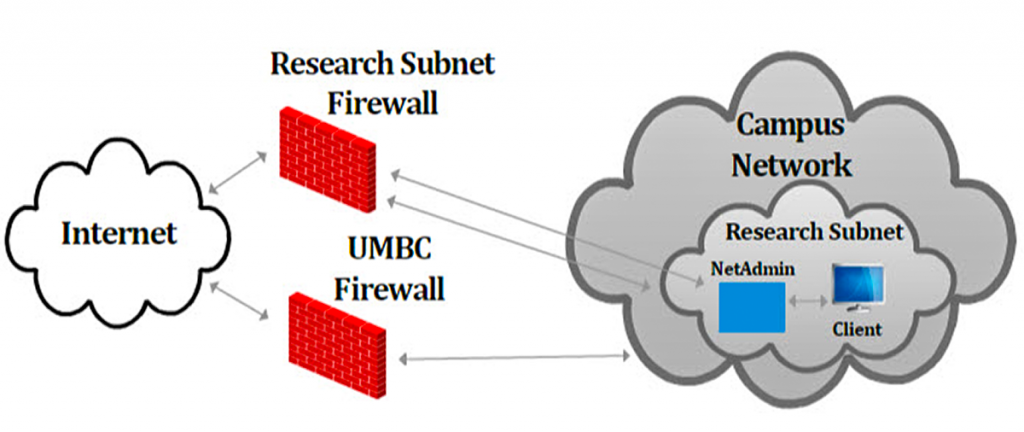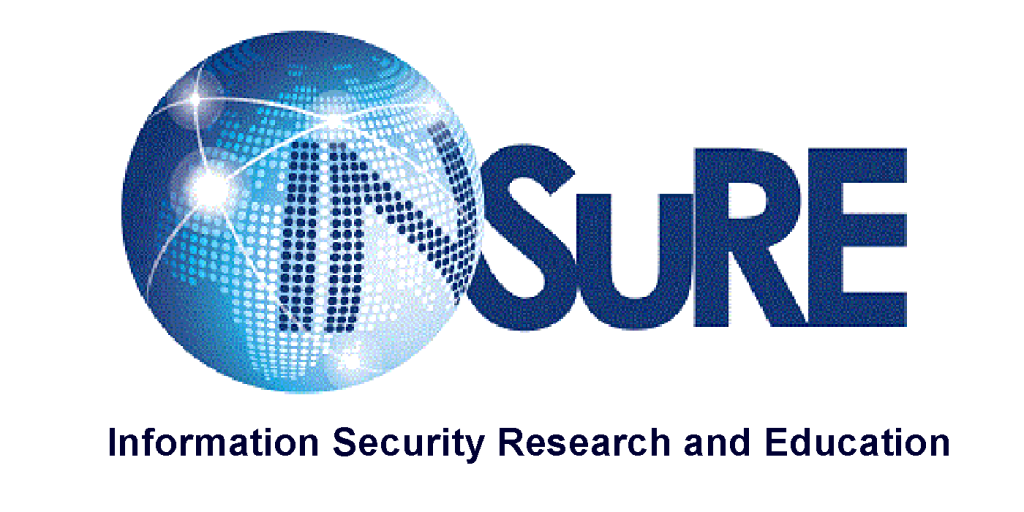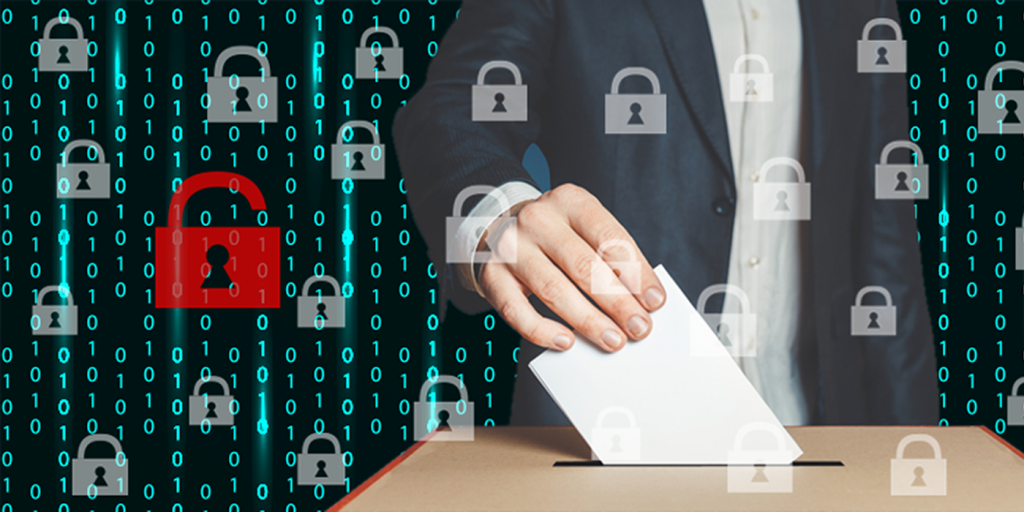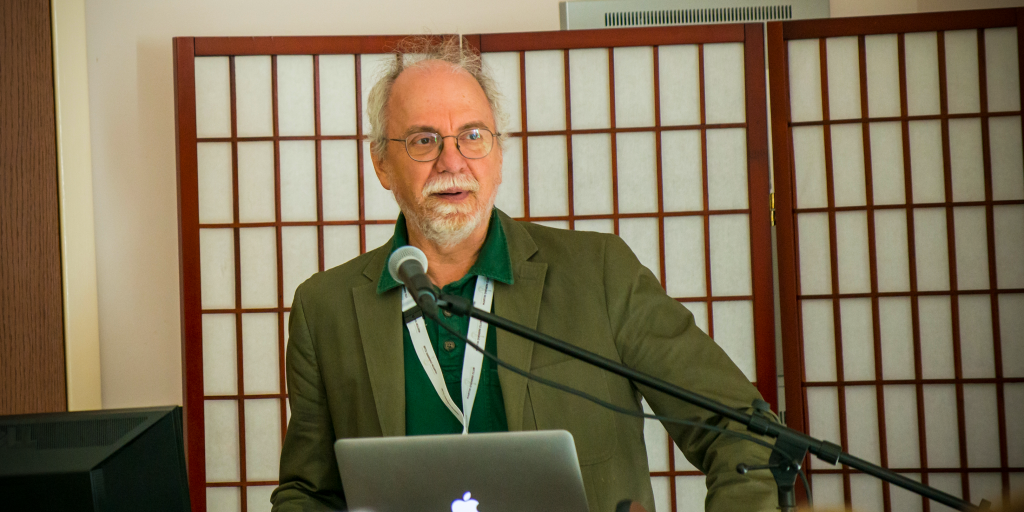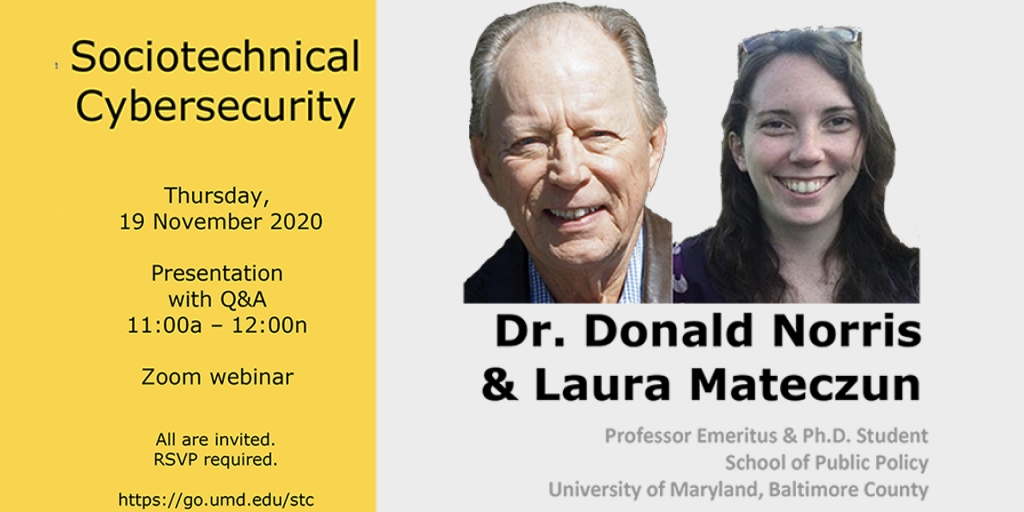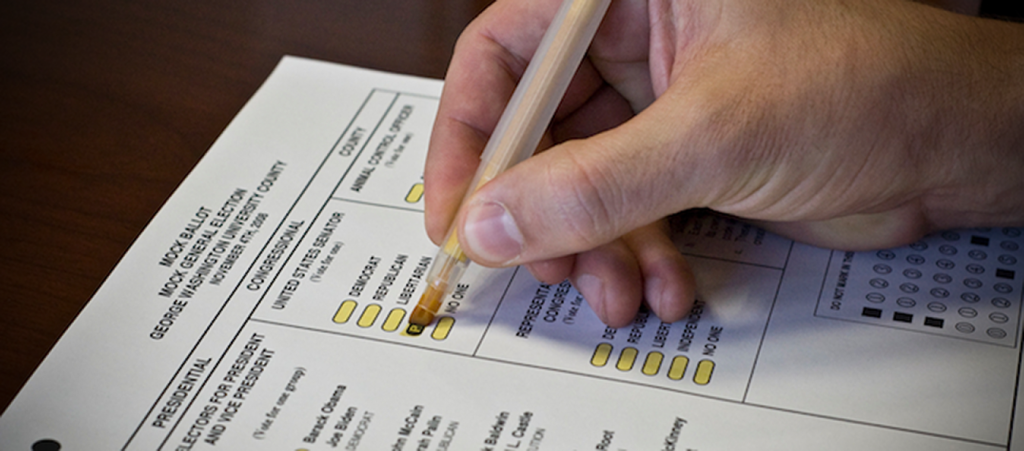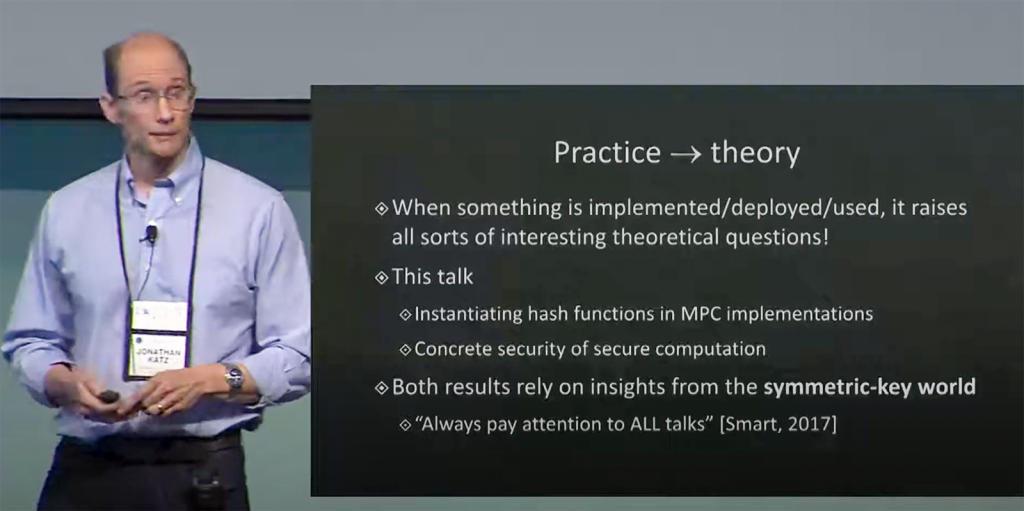
Two UMBC alumnae featured in The CyberWire podcast
The CyberWire produced a special podcast, In the clear: what it’s like working as a woman in the cleared community, that features three women working on cybersecurity at Northrop Grumman. Two are UMBC alumnae, software engineering manager Lauren and cyber software engineer Priyanka.
Lauren received a BS in Computer Science in 2015 and an M.S. in Computer Science in 2017. As an undergraduate student, she worked part-time as an IT Security Analyst tracking, locating, and performing forensics on infected computers located on campus. She joined Northrop Grumman in 2015 and continued her studies as a part-time graduate student, doing research on investigating different ways of characterizing cybersecurity exploit kits and the malware they produce.
Priyanka received a BS in Computer Science in 2018 and an MS in Computer Science in 2019. Her MS research was on multilingual text alignment for cybersecurity. She has been a lecture in the UMBC Computer Science program and the UMD Advanced Cybersecurity Experience for Students (ACES) program. She is currently working on a Computer Science Ph.D. at UMBC focused on how AI can help protect cybersecurity systems from data poisoning attacks.
